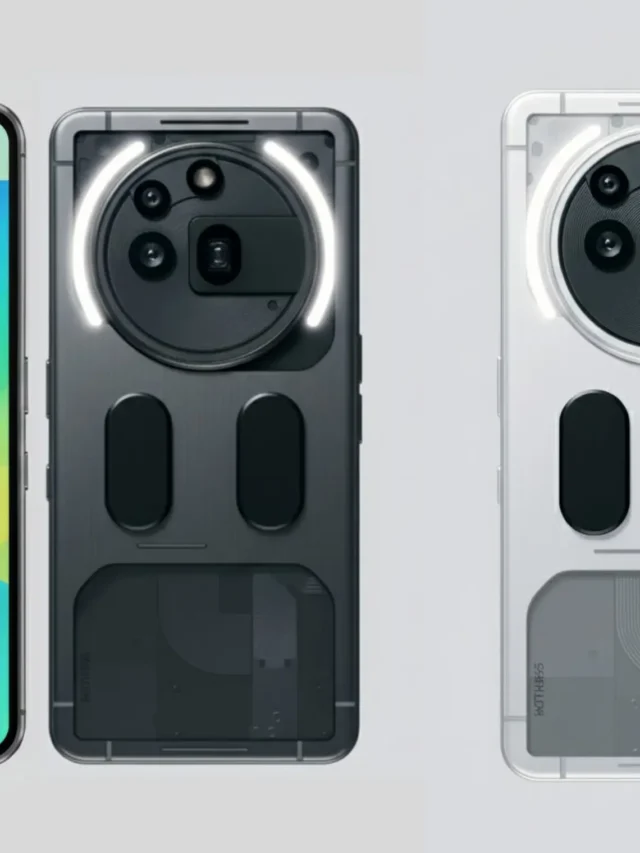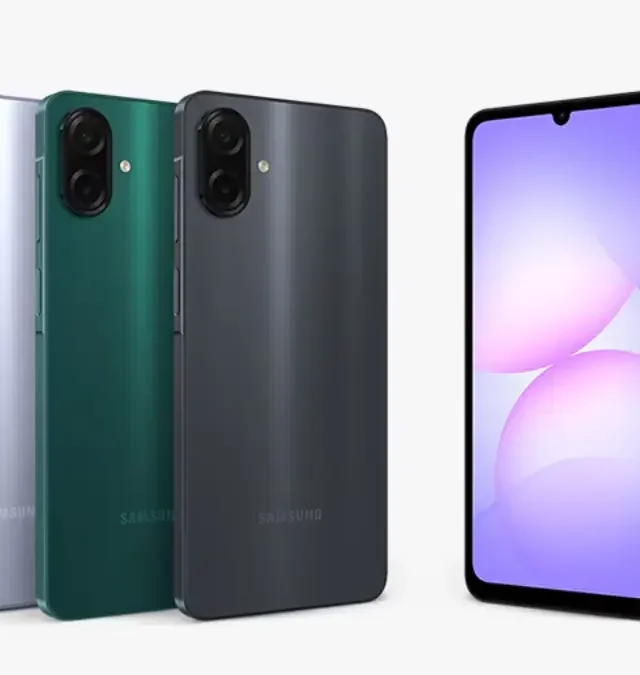Nothing—the company best known for its sleek hardware and minimalist ethos—has just pulled back the curtain on a bold new direction. At its heart is Essential OS, a fresh operating system built from the ground up to be AI-native. Alongside it, Nothing is rolling out Essential Apps designed to adapt and learn from you. In short: your phone evolves with you.
In this post, we’ll walk through what “AI-native” means, how Nothing is shaping this smart OS & apps combo, what it might mean for users, and what challenges lie ahead.

What Does “AI-Native” Mean? – Nothing Essential OS
When a company calls something “AI-native,” they’re saying: this isn’t just AI tacked on later. It’s woven into the architecture. Nothing frames Essential OS as a deeply adaptive system that:
- Learns your habits, preferences, and patterns
- Makes predictions proactively (e.g. apps, settings)
- Adjusts behavior over time as your usage evolves
- Integrates system-level intelligence rather than relying on third-party add-ons
So instead of launching a separate AI assistant or overlay, the intelligence is meant to live at the core.
The Components: Essential OS + Essential Apps + Playground – Nothing Essential OS
Nothing’s unveiling three major pillars: – Nothing Essential OS
1. Essential OS
This is Nothing’s next-gen operating system. You might think of it as a smart version of Android—but built with AI first. It’s meant to be lightweight, responsive, and context-aware.
2. Essential Apps
These are intelligent applications that Zero in on core features (e.g. messaging, gallery, settings) but with AI-powered enhancements. Over time, they’re supposed to evolve based on how you use them.
3. Essential Playground
Playground is the platform or framework through which these smart apps and experiences are built and delivered. It’s essentially the ecosystem glue — how Nothing will roll out updates, app modules, new AI-driven features, and more.
Taken together, these create a unified, evolving smartphone experience rather than a static one.
Why This Shift Matters – Nothing Essential OS
Here’s what makes this move significant in the smartphone space:
- Personalization at depth: Many “smart” features today are still quite limited — e.g. suggestions based on location or usage. Essential OS aims for deeper adaptation.
- Tighter integration: Because the AI is built into the OS, the system and apps can cooperate more fluidly.
- Fewer third-party dependencies: Nothing wants to reduce reliance on outside AI services or layers, making the experience more seamless.
- Longevity & growth: Over time, the OS and apps could evolve in ways that keep the phone feeling fresh — if updates are good and consistent.
What Was Announced (So Far) – Nothing Essential OS
From the announcement:
- Nothing positions Essential as “a new, AI-powered era for the smartphone experience, where every user has their own, unique OS that adapts to their needs and behaviours.”
- There are preview images of Essential Apps running in the Playground environment.
- Nothing says it will roll this out on its own devices — likely starting with future models — as it builds the ecosystem.
However, many details (timelines, device support, privacy model, compute load, etc.) remain to be clarified.
Potential Opportunities & Risks – Nothing Essential OS
| Opportunity | Challenge / Risk |
|---|---|
| Deep personalization (smarter, more intuitive UX) | Privacy concerns: how much data is collected & processed? |
| Differentiation in a crowded smartphone market | Execution complexity: building a stable AI-native OS is hard |
| Ecosystem control (less dependency on others) | Compatibility: balancing legacy support and modern AI features |
| Long-term updates & evolution | Performance & battery: AI must run efficiently, not drain resources |
Nothing OS 4.0
— Nothing (@nothing) September 10, 2025
Refined. Redefined.
Coming soon. pic.twitter.com/496fufxV0f
What to Watch Next – Nothing Essential OS
If you’re curious to see how this develops, here are some key signals to monitor:
- Device support & rollout plan — which Nothing models will get the OS?
- Privacy & data strategy — local vs cloud; how data is handled & protected
- Performance & battery impact — AI can be resource-intensive
- Third-party / developer support — will independent developers be able to build their own Essential Apps or modules?
- User reception — how real users respond to the intelligent behaviors and adaptive features
Conclusion – Nothing Essential OS
Nothing’s Essential OS marks a bold step into the AI-native smartphone era, combining a smart, adaptive operating system with Essential Apps and the Playground ecosystem. By learning from user behavior, this OS promises a truly personalized mobile experience, while reducing dependency on third-party AI layers.
However, its success will depend on performance, privacy, and real-world usability. If executed well, Nothing could redefine how smartphones evolve with their users, making every device smarter, more intuitive, and uniquely yours.
Also Read:- Vivo V60e 5G Launch in India: 200MP Camera, 6,500mAh Battery, Price and Specs






